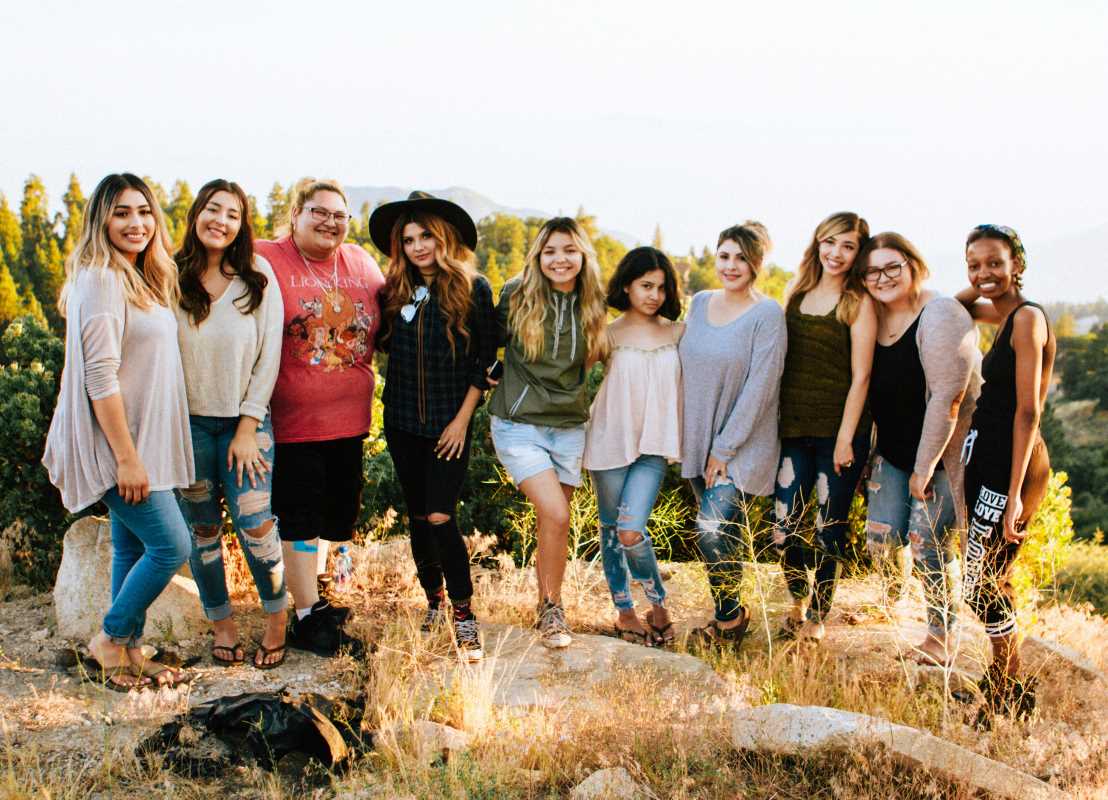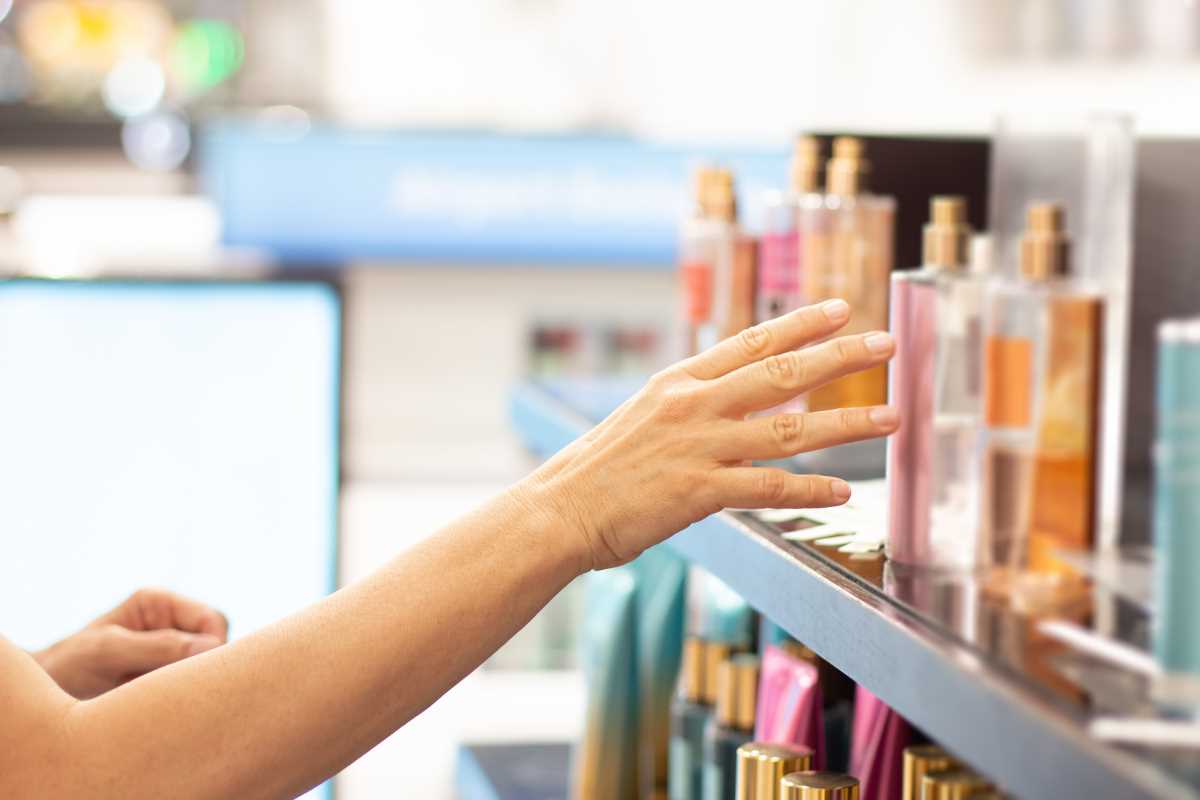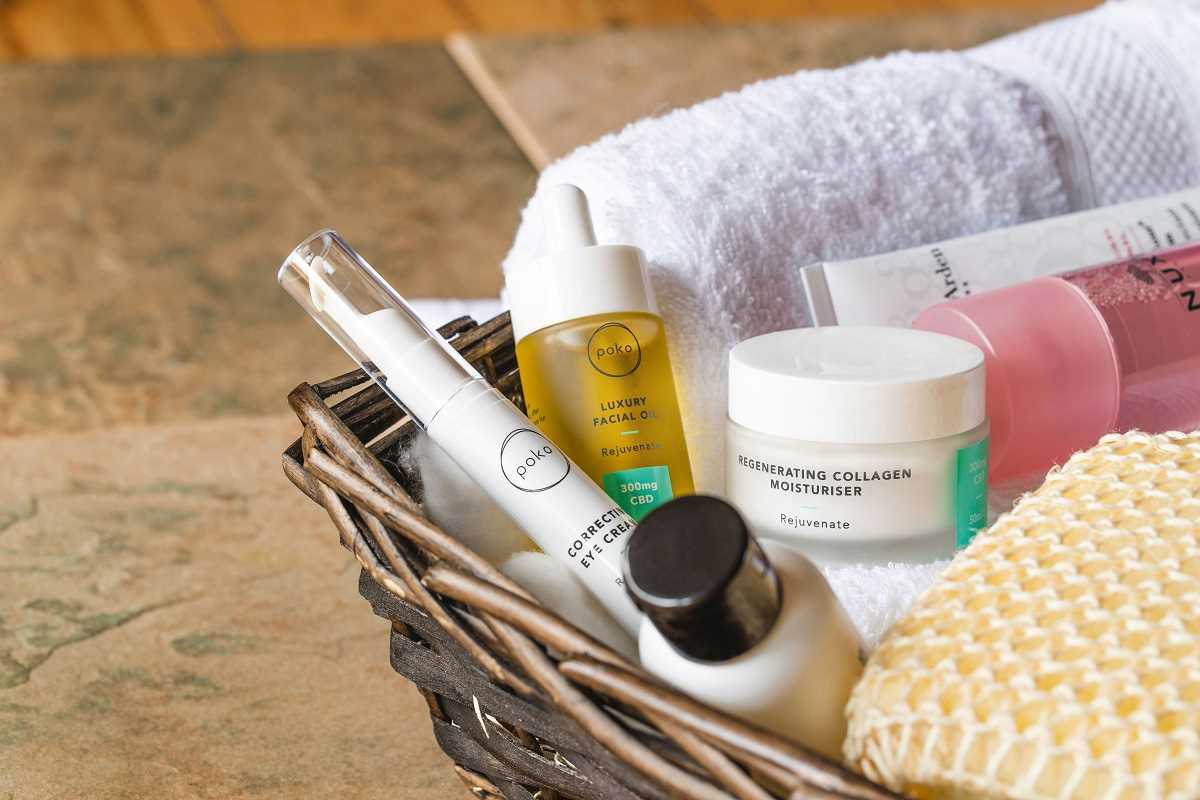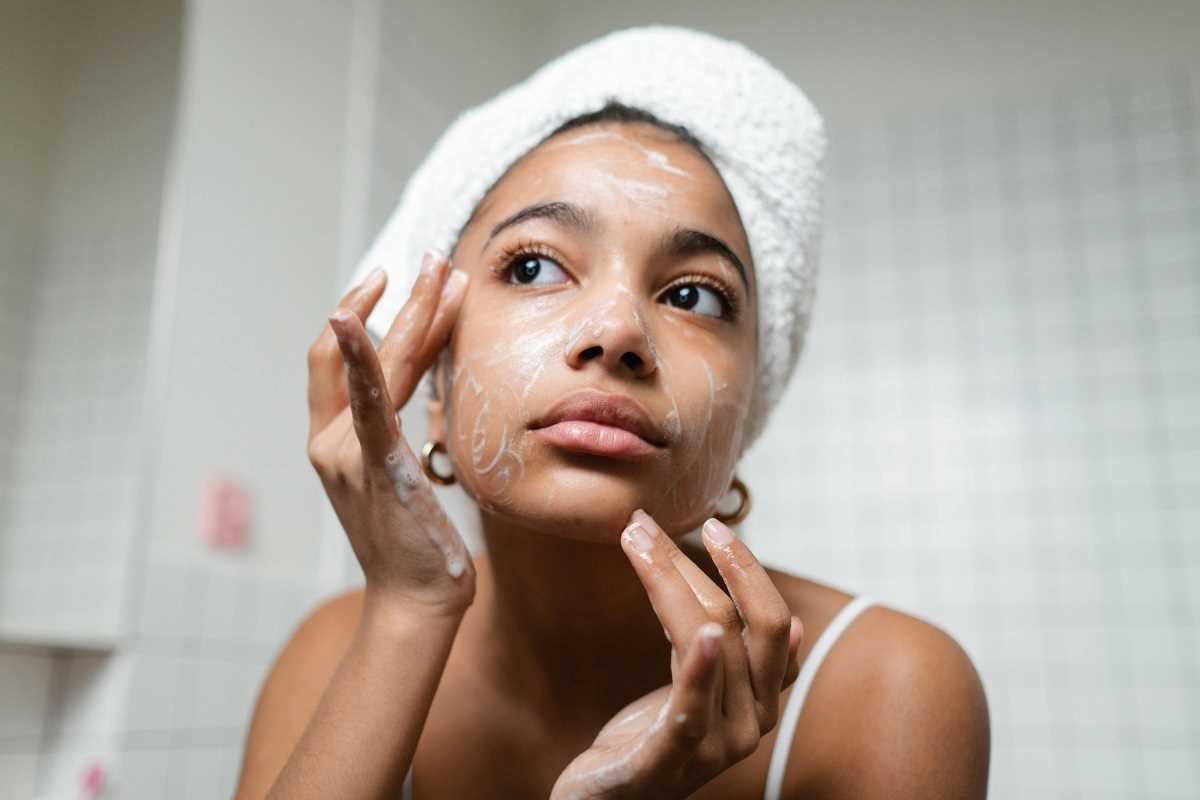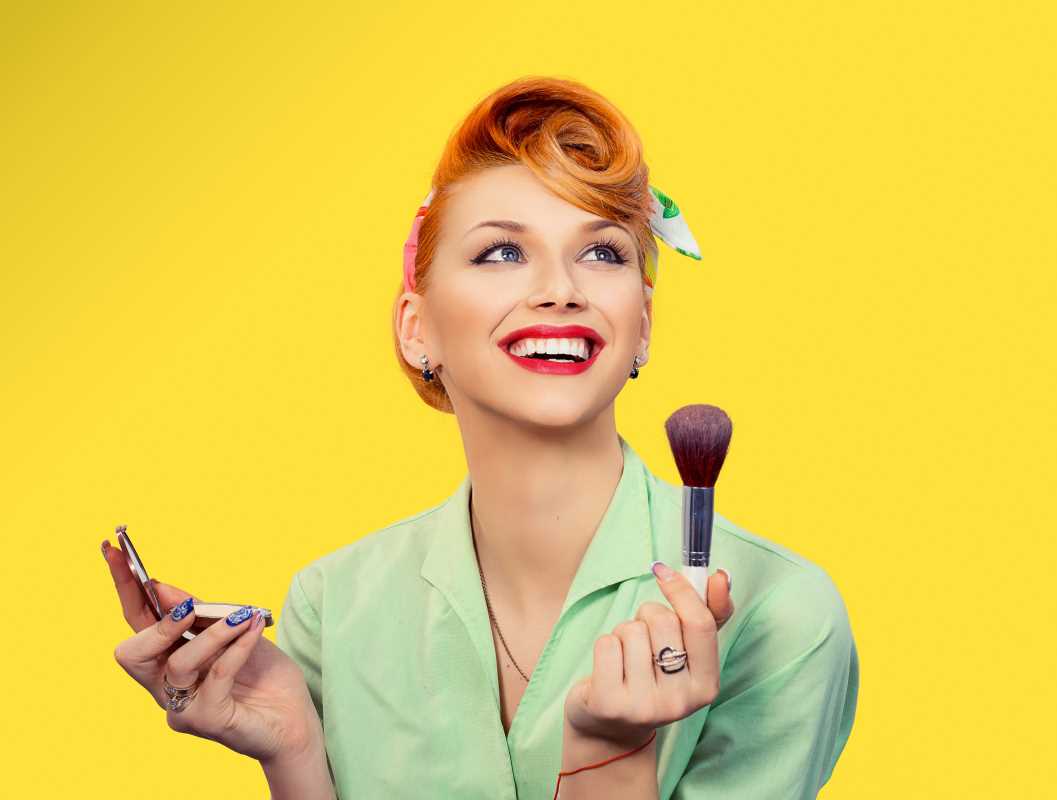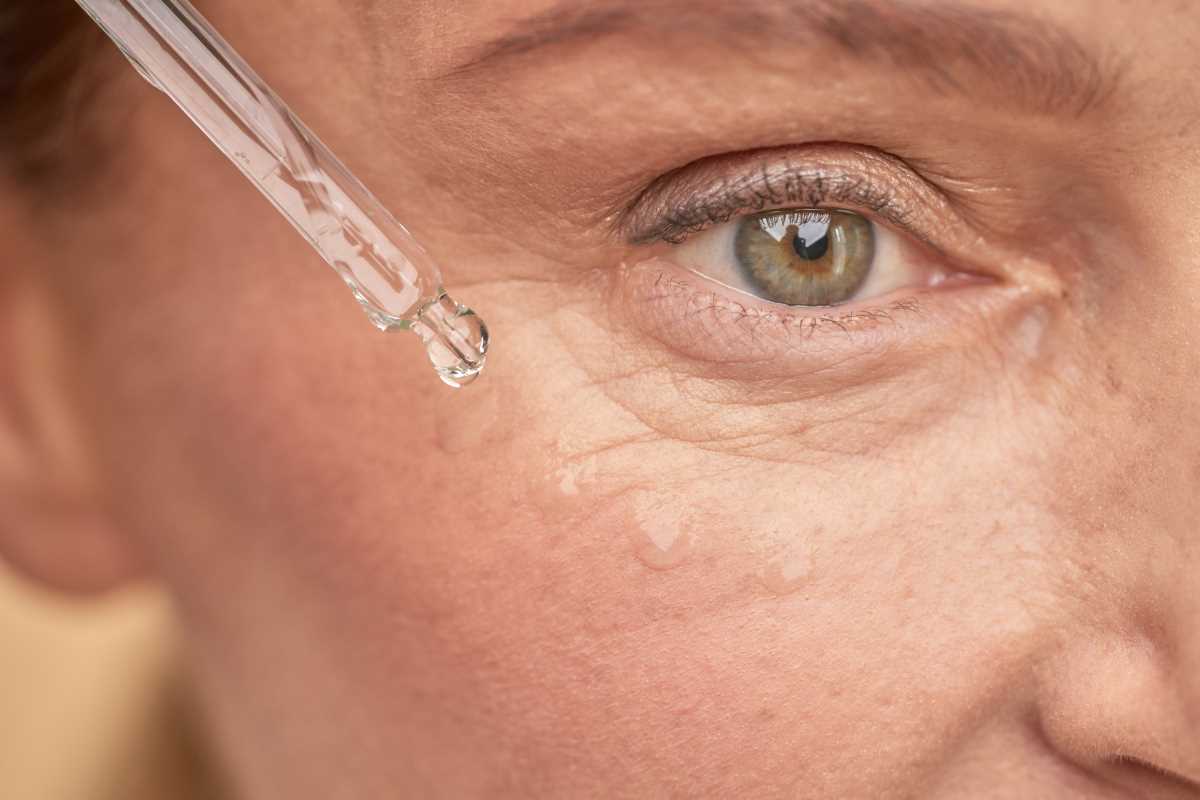In today's society, the emphasis on physical appearance and beauty is undeniable. However, beneath this surface-level focus lies a more profound relationship between beauty practices and self-worth. Enhancing self-worth through these practices is a complex and multifaceted concept, rooted in the psychology of how beauty routines can positively influence one's self-esteem and confidence. This article explores the fascinating interplay between beauty practices and self-worth, shedding light on how these rituals can be more than just superficial acts—they can be empowering tools for personal growth.
Beauty Rituals as Self-Care
Engaging in beauty rituals, such as skincare routines or haircare treatments, transcends mere physical maintenance. These practices are deeply therapeutic, offering individuals a dedicated time to prioritize their well-being. In a fast-paced world, where stress and anxiety are prevalent, taking a few moments to focus on self-care can be incredibly rejuvenating. Studies have demonstrated that regular participation in beauty rituals can significantly reduce stress levels and improve overall mental health, ultimately leading to a boost in self-worth.
Moreover, the act of caring for oneself through these rituals is an expression of self-love. When individuals take time to nurture their physical appearance, they are also investing in their emotional and psychological health. This self-investment fosters a sense of worthiness and self-respect, reinforcing the idea that they deserve to feel good about themselves. Thus, beauty rituals serve as a powerful tool for enhancing self-worth, offering both immediate and long-term psychological benefits.
Body Positivity in Beauty
The body positivity movement has become a significant force in challenging traditional beauty standards. This movement encourages self-love and acceptance of one's unique physical attributes, regardless of societal pressures to conform. Beauty practices that focus on enhancing individual features, rather than adhering to narrow standards, can empower individuals to embrace their true selves. By celebrating diversity in beauty, this approach fosters a more inclusive culture that promotes self-worth for all.
Embracing body positivity through beauty practices also shifts the focus from changing one's appearance to enhancing what is already there. This perspective encourages individuals to appreciate their natural beauty and reject the notion that they need to fit into a specific mold to be considered attractive. As a result, individuals who adopt body-positive beauty practices often experience a greater sense of self-empowerment and self-worth, as they learn to value their unique qualities and express themselves authentically.
Confidence Through Makeup
Makeup has long been a powerful tool for self-expression and confidence-building. The process of applying makeup can be a creative and empowering experience, allowing individuals to showcase their personality and enhance their natural features. For many, makeup is not just about appearance—it is a means of self-expression that can boost self-confidence and help them feel more comfortable in their own skin.
Studies have shown that wearing makeup can increase feelings of self-confidence and improve self-esteem. The psychological impact of makeup is significant, as it allows individuals to present themselves in a way that aligns with their inner self-image. Whether it's a bold lipstick or a subtle touch of foundation, makeup can act as a confidence booster, helping individuals feel more empowered and in control of their appearance. This, in turn, enhances their self-worth, as they feel more capable of presenting their best selves to the world.
Social Influence and Self-Perception
The influence of social media and beauty standards on self-perception is a double-edged sword. On one hand, constant exposure to curated images of beauty ideals can create unrealistic expectations and fuel insecurities. The pressure to conform to these standards can negatively impact self-worth, leading individuals to feel inadequate or dissatisfied with their appearance. However, there is a way to counteract these negative influences by using beauty practices as a form of self-expression and authenticity.
By embracing beauty practices that reflect their individuality, people can challenge societal norms and redefine what beauty means to them. This approach allows individuals to take control of their self-perception, resisting the urge to compare themselves to others. Instead of striving to meet unattainable standards, they can focus on what makes them unique, leading to a more positive self-image and enhanced self-worth. In this way, beauty practices become a tool for empowerment, helping individuals navigate the complex landscape of social influence with confidence and self-assurance.
Emotional Connection to Beauty
Beauty practices often go beyond the physical, tapping into emotional and sensory experiences that contribute to a sense of well-being. Whether it's the soothing scent of a favorite skincare product or the luxurious feel of a spa treatment, these sensory experiences can evoke positive emotions and create a deep connection between beauty and self-worth. The act of pampering oneself can be a form of emotional nourishment, providing comfort, relaxation, and a sense of joy.
By associating beauty practices with positive emotions, individuals can cultivate a deeper sense of self-worth and appreciation. These rituals become more than just a routine—they are moments of self-care that reinforce one's value and worthiness. The emotional connection to beauty can be a powerful motivator, encouraging individuals to take time for themselves and prioritize their well-being. In doing so, they nurture not only their physical appearance but also their inner sense of self, leading to a more holistic approach to self-worth.
Conclusion: The Transformative Power of Beauty Practices
The psychology behind enhancing self-worth through beauty practices reveals a compelling relationship between external appearance and internal confidence. By engaging in beauty rituals as a form of self-care, embracing body positivity, using makeup to boost confidence, navigating social influences, and cultivating emotional connections to beauty, individuals can harness the transformative power of these practices to enhance their self-worth. Ultimately, beauty is not just skin deep—it has the potential to nurture a positive self-image and empower individuals to embrace their unique beauty.
In conclusion, the interplay between beauty practices and self-worth is complex and multifaceted, offering numerous opportunities for personal growth and empowerment. Whether through the therapeutic nature of beauty rituals, the empowering message of body positivity, the confidence-building effects of makeup, or the emotional connections formed through sensory experiences, beauty practices can play a significant role in shaping how individuals perceive themselves and their worth. By understanding and embracing this connection, individuals can use beauty practices as a powerful tool for enhancing their self-worth and living more confidently and authentically.
(Image via Unsplash)
